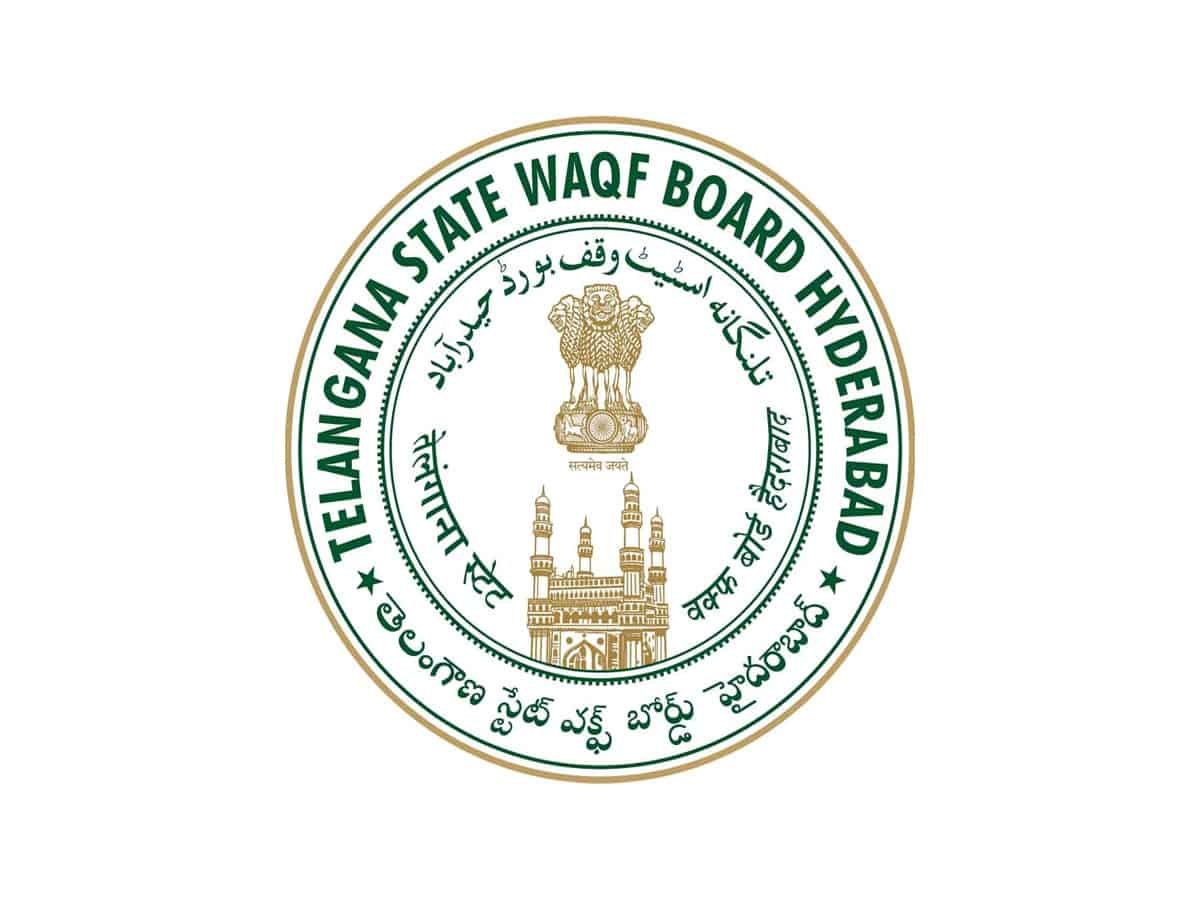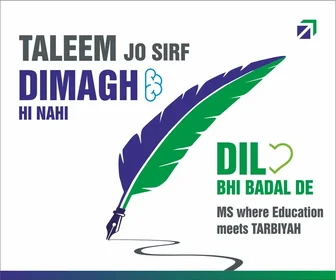
Hyderabad: It’s always in the news for the wrong reasons. This time it is no different. Only the spotlight now shifts to how the Centre plans to finish it – rather than what is left of it. The writing on the wall is clear. Wakf properties across the country are in grave danger. While the land mafia has grabbed a major chunk of pricey properties, the government now appears to be bent on completing the unfinished job in the name of Wakf reforms.
A once-promising institution meant to protect and manage these properties, Wakf Board now find themselves mired in corruption, inefficiency, and neglect. A famous saying goes like this:”Jin wo shayteen jo koh-e-khaf main nahin wo aukhaf main hain”. It implies that the devils that could not be found in the mountains of Koh-e-Khaf have now taken refuge in Wakf properties. This saying reflects the grim reality.
The Modi government’s recent move to introduce Wakf reforms has set alarm bells ringing in the community while activists have taken to the streets. While reforms are necessary, there is widespread skepticism about the intentions behind these moves. Many fear that under the pretext of reform, the government may further facilitate the alienation of Wakf properties, completing the unfinished job of the land mafia.
Wakf Board in Telangana
The story of the Muslim panel in Telangana is no different. Its inefficacy has left many properties vulnerable. Reports of missing records, illegal transfers, and a lack of accountability are common. The very custodians of these properties are now seen as part of the problem. If urgent and genuine steps are not taken the remaining Wakf properties may soon be lost, not just in Telangana but across the country. Without robust protection, the heritage and purpose of Wakf properties are in peril.
According to one estimate, Wakf properties in Telangana are worth over Rs 5 lakh crore, representing a staggering potential for the uplift of the Muslim community. If managed properly, these assets could significantly improve the socio-economic conditions of Muslims, eliminating the need for the community to rely on government aid. However, instead of serving their intended purpose, these properties have become a lucrative target for corruption and exploitation.
The Wakf Board tasked with the management and protection of these properties has become notorious for its failures. Rather than acting as guardians of these valuable assets, the Board’s officials have often been complicit in their misuse. Most of the time the Board chairman and members don’t see eye to eye and work at cross purposes. This only helps the land grabbers make hay when the sun shines.
It’s widely acknowledged that certain members of Wakf Board managed to retain their positions repeatedly, often due to vested interests and the backing of influential political parties. This cycle of re-nomination raises concerns about the transparency and integrity of the Board which are meant to manage religious endowments in the best interest of the community. But the government turns a blind eye, allowing the status quo to persist. This neglect undermines the original purpose of the Wakf Board and raises questions about the accountability of both its members and the political entities that support them.
The unfortunate reality of the Wakf Board is that even when some honest and well-meaning officers attempt to initiate meaningful reforms, they often face insurmountable obstacles due to a lack of cooperation from other authorities. A classic example of this was former IPS officer Mohd Iqbal, who as the Special Officer of Wakf Board, took a courageous stand by attempting to address the widespread issues plaguing Wakf properties. However, he did not find support from other government agencies. He proposed the creation of District Wakf Protection and Coordination Committees to safeguard these assets. However, his efforts were thwarted by political interference, which stymied his initiatives and prevented any real progress.
Iqbal wanted to establish District Wakf Protection and Coordination Committees to safeguard Wakf properties from encroachment. However, despite the good intentions, these committees couldn’t take off. This is reminiscent of the earlier Task Force Committees that were set up at the district level but failed to monitor the situation.
In Telangana there are 33,929 Wakf properties spanning an area of 77,538.07 acres, including dargahs, graveyards, mosques, and ashoorkhanas. Unfortunately, nearly 80 percent of these properties are under encroachment.
The lack of effective coordination between district authorities, particularly the Police and Revenue Department, is believed to have further exacerbated the problem. This administrative neglect has emboldened land sharks, who continue to exploit these religious endowments with little fear of reprisal. The situation underscores the urgent need for stronger enforcement mechanisms and better inter-departmental collaboration to protect these invaluable properties. Without such measures, the preservation of Wakf assets remains an unfulfilled promise, leaving these sacred spaces vulnerable to ongoing exploitation.

